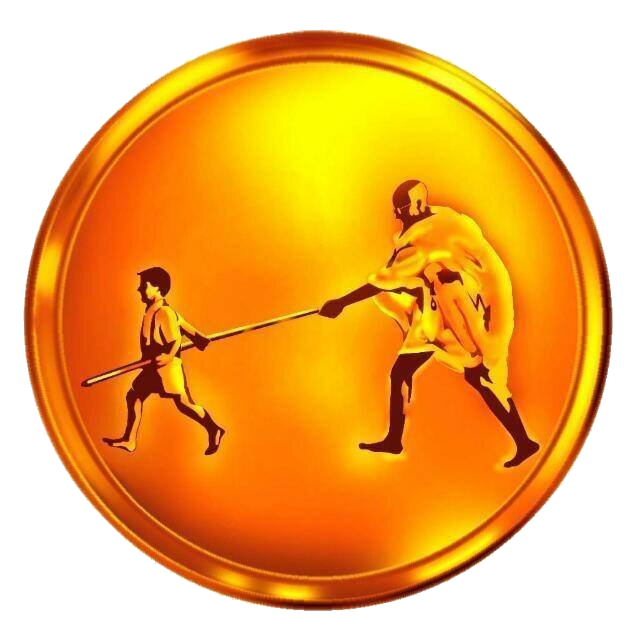The Department of Computer Science and Engineering at the MGMCoET, Noida was formed in 2000. The department provides research environment complemented by excellence in teaching. It is equipped with the state-of-the-art computing facilities and experienced staff members and is known for its academic excellence proved by its performances since its inception.
The department offers B. Tech in Computer Science & Engineering, Computer Science & Engineering (AI & ML) and Computer Science & Engineering [Data Science (Under Approved Process)].
The Department has a comprehensive curriculum on topics related to all aspects of computer hardware and software with an emphasis on practical learning. The department has state of the art infrastructure and computing equipment supported by high speed ethernet and wireless networks. The department has tie up with IT companies and students are encouraged for technical interactions with industry. Such interactions are of immense important not only in maintaining the vitality of our programs, but also in continuing the up-gradation of our resources in classrooms and laboratories. The department prides itself on good career opportunities for students. Department is not only providing placement but educate students in such a way that students can get job in corporate environment without any additional support. The students of this department graduate with about 95% employment through campus placement. CSE department has initiated certain steps for path breaking and innovative research in various spheres. This research is being facilitated by support of the faculty, through published books, articles and research papers on various topics.
Computer Science & Engineering department has six computer labs equipped with IBM/HCL desktop computers with latest configuration. The labs are equipped with 140 MBPS (1:1) leased line to provide free internet access to the students. The department has MoU with IIT Bombay for distance education program, Oracle Corporation, USA for WDP program and Microsoft for academic alliance. Students of department may join courses on latest technologies under Oracle/Microsoft.
The department is a member of Computer Society of India (CSI) and Indian Society for Technical Education (ISTE).
All class rooms are well-ventilated, spacious, equipped with projector and multimedia system.
Mission
To create a congenial and conducive environment both for the students and the faculty. To provide a world class well designed comprehensive technical education with active industry-academia interaction which nurtures excellence on sustainable basis.
Vision
To provide a world class technical education that empowers students with sound knowledge, focused abilities, right attitude and values leading to their holistic personality development. To enable young adults, meet the further proliferation of technology and integration in the dynamic global scenario.
Program Objectives
1. Analyze real-life problems and impart science-based engineering education to develop professional skills that will prepare the students for immediate employment in the industry.
2. Graduates will be actively engaged in learning, understanding, design and applying new ideas and technologies as the field evolves along with participation in creative, synthetic and integrative activities of the relevant branch of engineering.
3. Graduates will have a thorough grounding in the key principles and practices of computing, and will have applied their software development skills and knowledge of foundational principles to the design and implementation of practical systems consisting of software and/or hardware components to meet customer requirements.
4. To develop ability to design and perform experiments in the relevant discipline, and to acquire the ability to interpret and evaluate experimental results.
Program Outcomes
1. Apply the knowledge of mathematics, science, engineering fundamentals, and an engineering specialization to the solution of complex engineering problems.
2. Create, select, and apply appropriate techniques, resources, and modern engineering and IT tools including prediction and modelling to complex engineering activities with an understanding of the limitations. Apply reasoning informed by the contextual knowledge to assess societal, health, safety, legal and cultural issues and the consequent responsibilities relevant to the professional engineering practice.
3. Apply ethical principles and commit to professional ethics and responsibilities and norms of the engineering practice.
4. Recognize the need for, and have the preparation and ability to engage in independent and life-long learning in the broadest context of technological change.
5. Apply the fundamentals of mathematics, science and engineering knowledge to understand, analyze and develop computer programs in the areas related to algorithms, multimedia, big data analytics, machine learning, artificial intelligence and networking for efficient design of computer-based systems of varying complexity.
6. Apply appropriate techniques and modern engineering hardware and software tools for the design and integration of computer system and related technologies, to engage in lifelong learning for the advancement of technology and its adaptation in multi-disciplinary environments.
